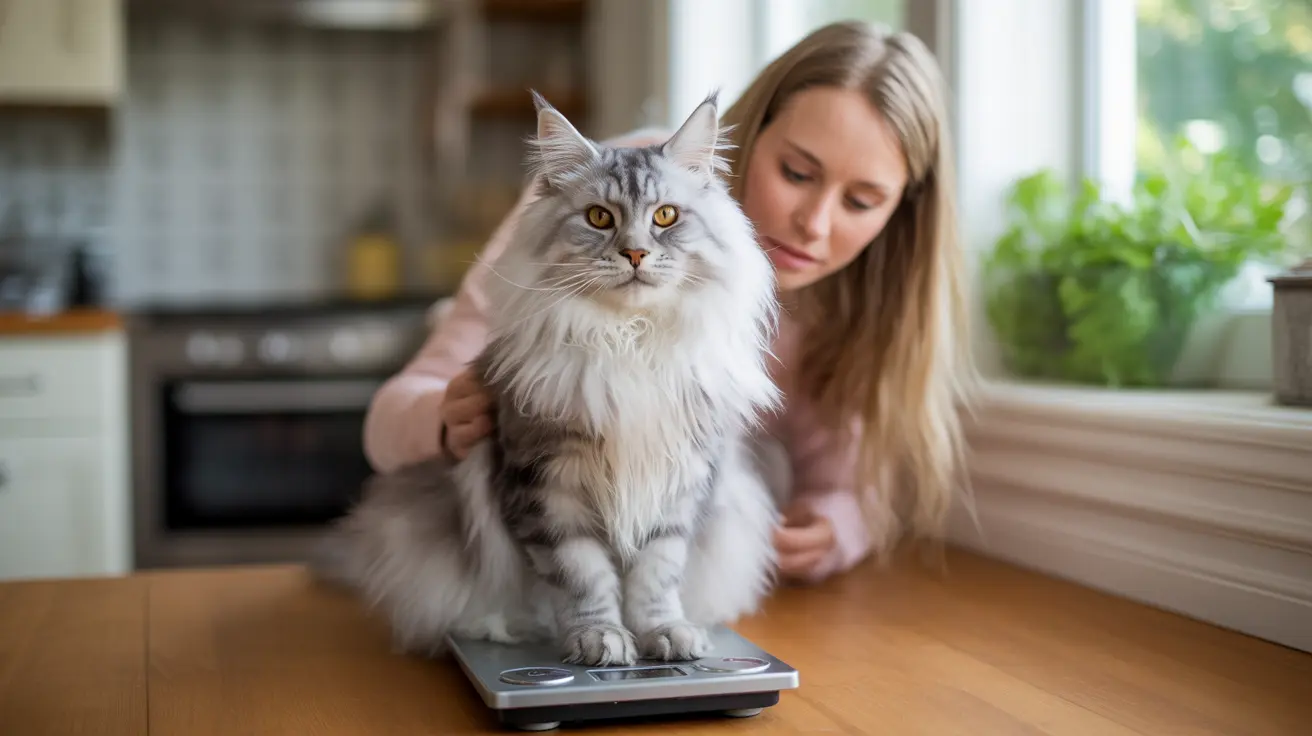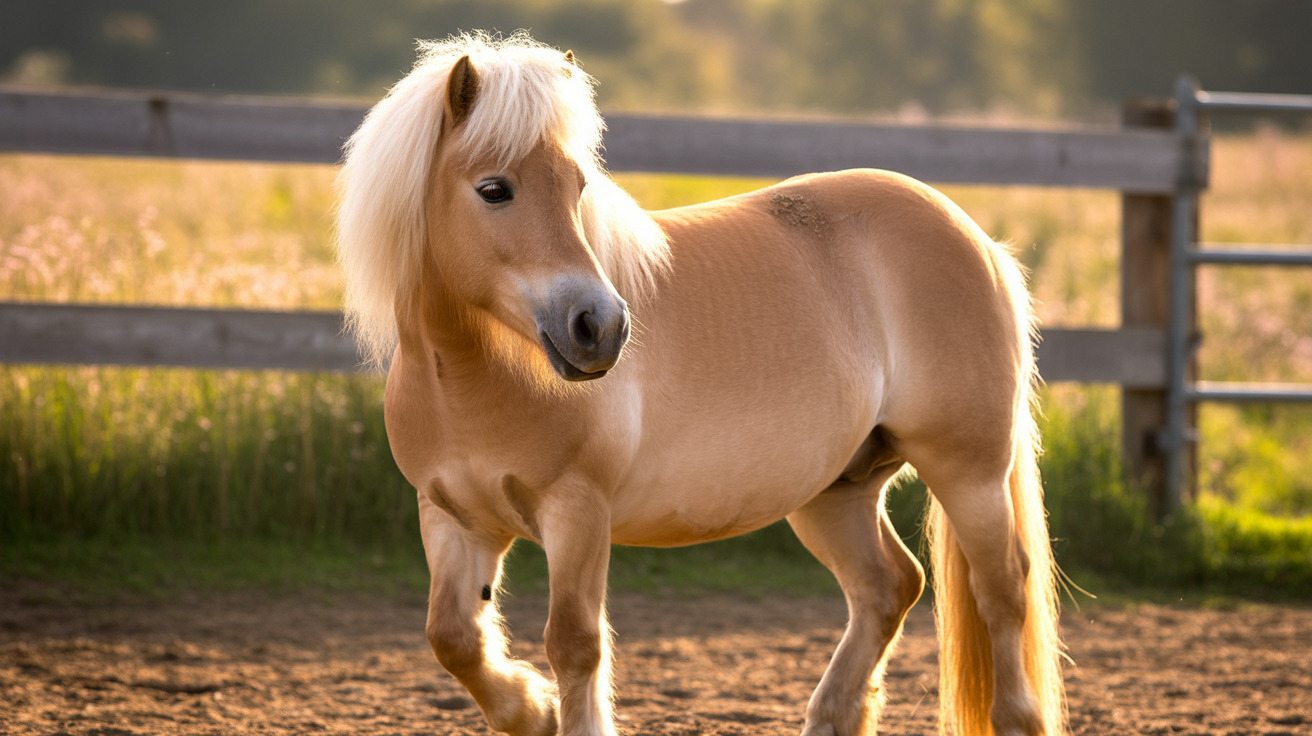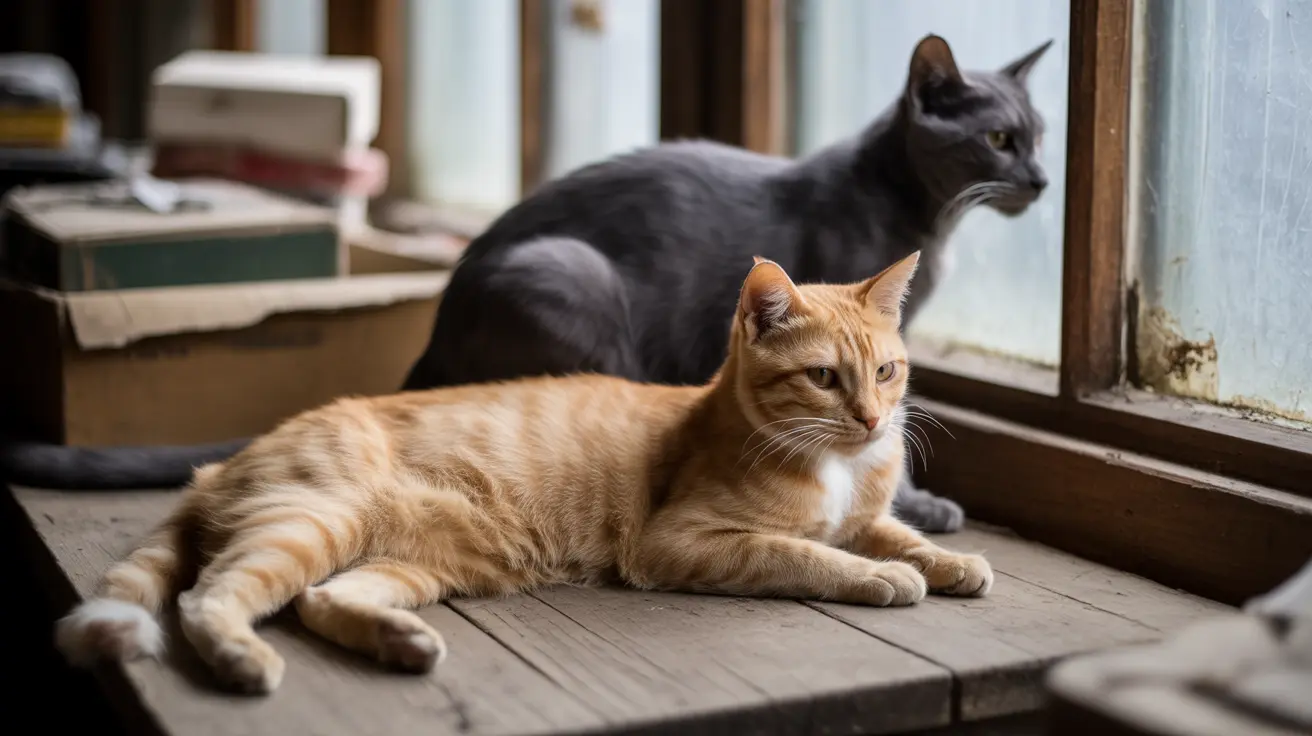Understanding your cat's ideal weight is crucial for maintaining their health and happiness. While the average domestic cat typically weighs between 8-12 pounds, determining if your feline friend is at a healthy weight involves more than just a number on the scale. Let's explore everything you need to know about proper cat weight and how to ensure your pet maintains optimal health.
As a responsible pet owner, it's essential to understand that healthy weight ranges can vary significantly based on factors like breed, age, sex, and overall body structure. What might be a healthy weight for one cat could be concerning for another, making it crucial to understand the nuances of feline weight management.
Understanding Breed-Specific Weight Ranges
Different cat breeds naturally have different healthy weight ranges. Small breeds like the Siamese or Singapura might be perfectly healthy at 4-10 pounds, while large breeds like the Maine Coon can be healthy at 15-25 pounds. Here's what you should know about breed variations:
- Small breeds (Siamese, Singapura): 4-10 pounds
- Medium breeds (Domestic Shorthair): 8-12 pounds
- Large breeds (Maine Coon, Ragdoll): 15-25 pounds
How to Assess Your Cat's Body Condition
The Body Condition Score (BCS) is a more reliable method for determining if your cat is at a healthy weight than simply weighing them. Here's how to assess your cat's body condition:
Visual Assessment
- Look for a visible waist behind the ribs
- Check for an abdominal tuck when viewed from the side
- Observe overall body symmetry and shape
Physical Assessment
- Gently feel your cat's ribs
- They should be easily felt but with a slight fat covering
- The waist should be palpable behind the ribs
Health Risks of Improper Weight
Maintaining a healthy weight is crucial for your cat's overall well-being. Excess weight can lead to several serious health conditions:
- Diabetes mellitus
- Joint problems and arthritis
- Urinary tract diseases
- Reduced lifespan
- Decreased quality of life
- Respiratory issues
Tips for Maintaining Healthy Cat Weight
Diet Management
Proper nutrition is key to maintaining a healthy weight:
- Measure portions carefully
- Avoid free-feeding
- Limit treats to less than 10% of daily calories
- Consider wet food options for better weight control
Exercise and Activity
Regular physical activity is essential:
- Provide interactive toys
- Schedule daily play sessions
- Create vertical spaces for climbing
- Use food puzzles to combine eating with exercise
Frequently Asked Questions
How heavy should my cat be for its breed and size?
Your cat's ideal weight depends on their breed, frame size, and sex. Most domestic cats should weigh between 8-12 pounds, but small breeds may be healthy at 4-10 pounds while large breeds can be healthy at 15-25 pounds.
What is the best way to determine if my cat is overweight or underweight?
Use the Body Condition Score (BCS) system and consult with your veterinarian. You should be able to feel your cat's ribs with gentle pressure, and they should have a visible waist when viewed from above.
How can I help my cat maintain a healthy weight through diet and exercise?
Measure food portions carefully, provide regular exercise through play, use interactive toys, and consider wet food options. Avoid free-feeding and limit treats to maintain a healthy weight.
What health risks are associated with my cat being overweight or obese?
Overweight cats are at higher risk for diabetes, arthritis, urinary tract disease, respiratory problems, and shortened lifespan. Even small amounts of excess weight can impact their health significantly.
How often should I weigh my cat to ensure it stays at a healthy weight?
Weigh your cat monthly and record the results. Any sudden changes in weight should be discussed with your veterinarian. Regular weigh-ins help detect potential health issues early.
Remember, maintaining your cat's healthy weight is a crucial aspect of responsible pet ownership. If you're unsure about your cat's ideal weight or need help developing a weight management plan, consult with your veterinarian for personalized guidance.






